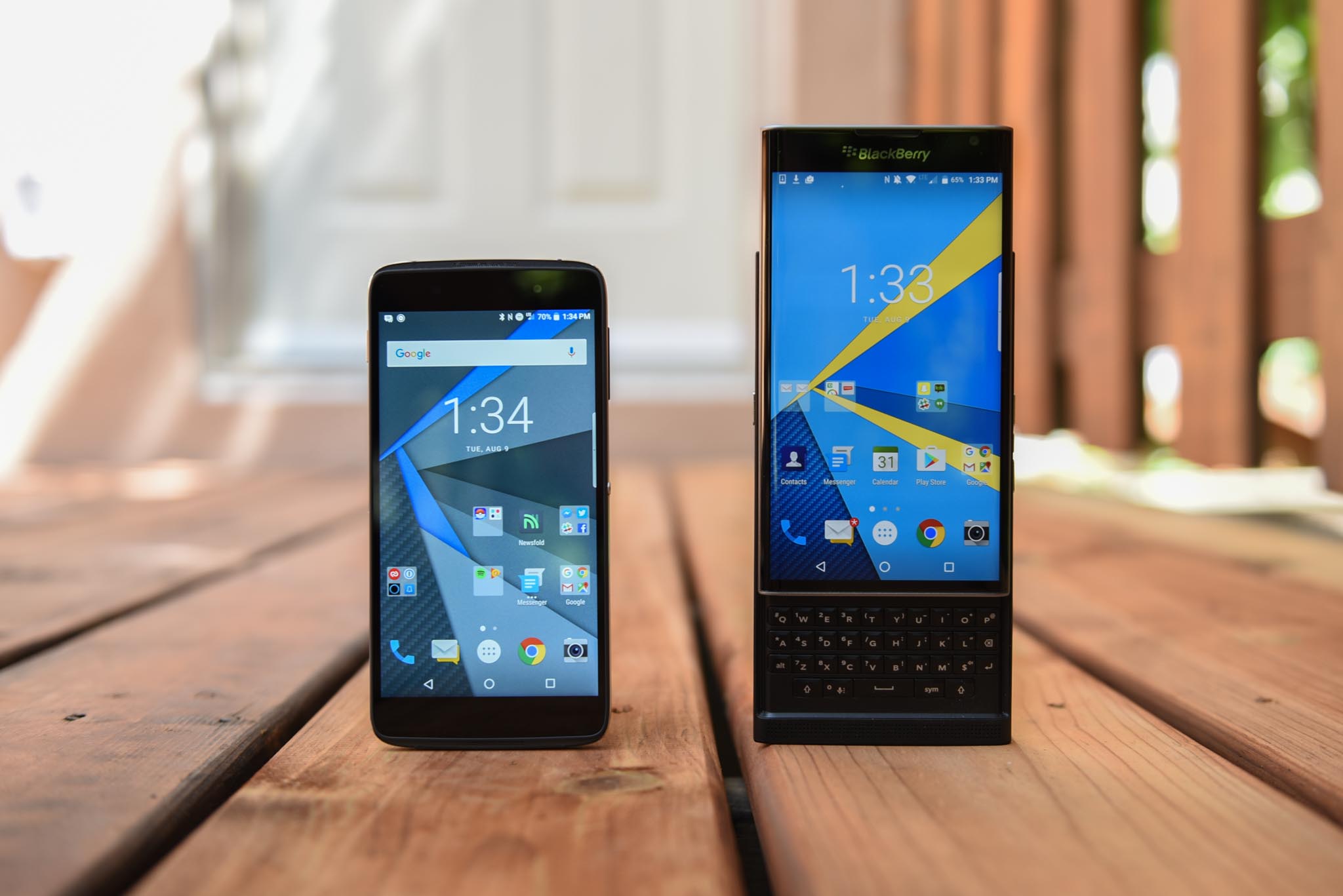Finally BlackBerry has announced plans to stop making its own phones. And what that means is simply that the company will no longer make it's own hardwares but will focus on the software.
The struggling
company continues to focus on its software and security products. This is far from the end of
BlackBerry devices, the phones production will
be outsourced to third-party manufacturers. The company had recently done the same with the company's recent DTEK
50 , a clone of Alcatel's Idol 4 with BlackBerry branding.
company continues to focus on its software and security products. This is far from the end of
BlackBerry devices, the phones production will
be outsourced to third-party manufacturers. The company had recently done the same with the company's recent DTEK
50 , a clone of Alcatel's Idol 4 with BlackBerry branding.
The CEO John Chen said in a statement "The company plans to totally end all internal hardware
development and will soon begin outsourcing that function to
partners, We are reaching an
inflection point with our strategy. Our financial
foundation is strong, and our pivot to software is taking hold."
This isn't a really surprising news considering
BlackBerry's current struggle in the mobile
market. According to resent estimates , the
company claimed just 0.1 percent of the market with sales of some
400,400 units of it's phones worldwide. The last BlackBerry phone
manufactured by the company was the Priv, which was also the
company's first ever Android-powered device,
released late November last year.
At that time The CEO Chen said the company would
need to sell 3 million phones a year to stay in
the consumer hardware business. The firm has since been slowly covering its retreat, so the news, then, that
internal hardware development should cease is
not the end of BlackBerry as a consumer tech
company. But they are rather changing their focus and
targeting only businesses and governments that would
bolster its reputation for security.
They are making head waves too with new software
like BlackBerry Radar (providing "end-to-end
asset tracking" for the internet of things), and
BlackBerry Hub+ (a productivity suite for
Android ). Chen noted that the company was currently on
track to deliver 30 percent revenue growth in delivering
software and services for the full fiscal year, but they weren't lucky yet as the results for this quarter were clearer: a net
loss of $372 million on revenue of $334 million.


















